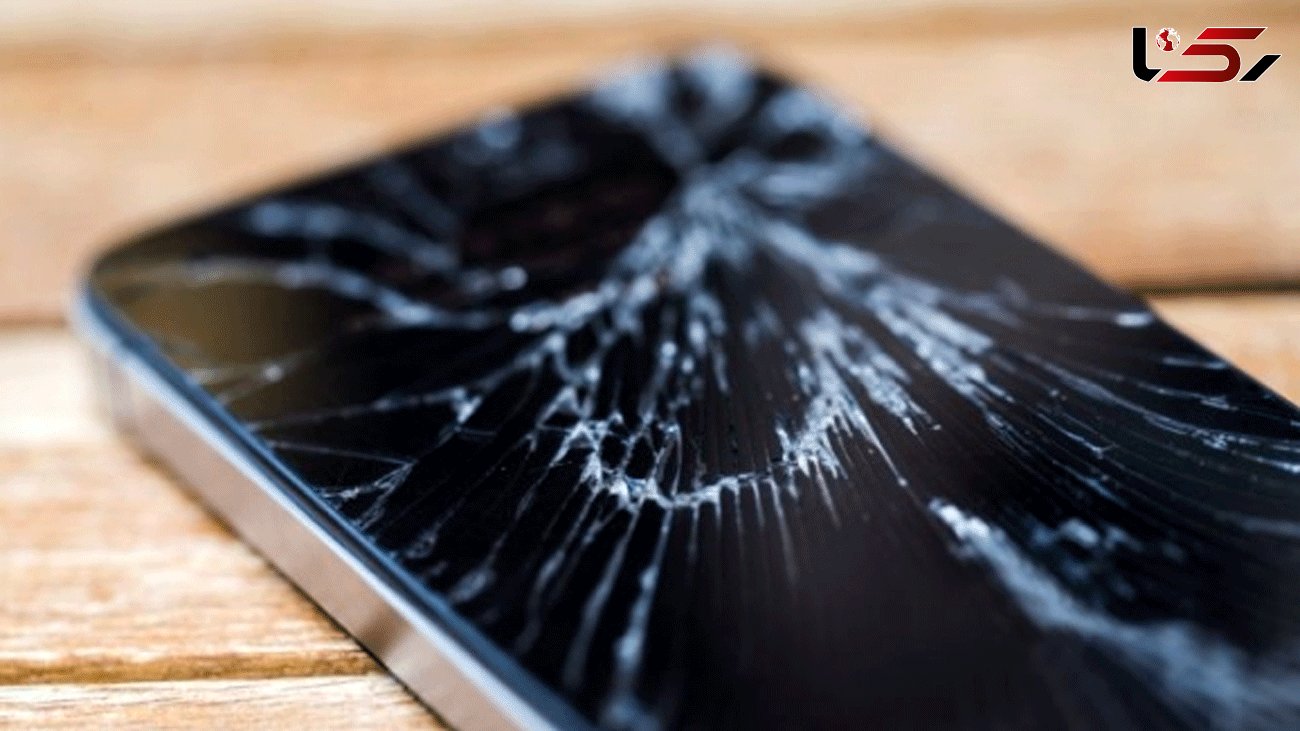Scientists Create Self-Repairing Mobile Phone Screen
Rokna: A self-repairing mobile phone screen has been created by scientists, paving the way for the end of costly repairs.

Tech firms have ploughed millions into developing tougher screen and protective cases but have failed to eradicate the curse of the smashed screen.
South Korean researchers now believe they have made a game-changing breakthrough thanks to a research project which embeds linseed oil in the screen in the form of microcapsules to repair cracks when they appear, the Telegraph reported.
Linseed oil is usually used to treat cricket bats but scientists Led by Dr Yong-Chae Jung have developed microcapsules filled with the substance which can be mixed into the polymer used for smartphone screens.
When the screen cracks the internal capsules also crack and release oil into the damaged glass which eventually hardens into a transparent solid effectively “healing” the screen.
This process rectifies the damage to the screen and can fix 95 per cent of all cracks within 20 minutes, the researchers claim.
The team at the Korea Institute of Science and Technology wrote in the scientific publication Composites Part B: Engineering that the “Simple self-healing behavior of polymers … are highly desirable for industrial applications.”
Scientists were able to “develop a self-healing, colorless” material which can “radically solve the physical properties and lifespan” of damaged surfaces.
The innovation could prove useful if rolled out for modern smartphones, with the new self-releasing oil solution able to harden in room temperature conditions without the need for expensive expert intervention.
This process can also be sped up if the phone is exposed to higher temperatures, and with the aid of UV light can harden in just 20 minutes.
Scientists have claimed in their peer reviewed paper that linseed capsules repair cracks in 91% of cases.
The effectiveness of the process may “eventually be widely used in outdoor applications” for technology which uses the phone screen material of colorless polyimide (CPI).
CPI repairs could prove profitable in repairing artificial skin used for medical purposes, and for the production and maintenance of more durable solar panels.
The new research has made use of the relatively humble substance of linseed oil, which is produced with the flax plant. The polymer-forming oil has traditionally been used to treat wooden surfaces, including salad bowls, gun stocks, guitars, pool cues, and crickets bats.
Comments Follow the Official Rokna NEWS Telegram Channel For More and fresh NEWS.

Send Comments